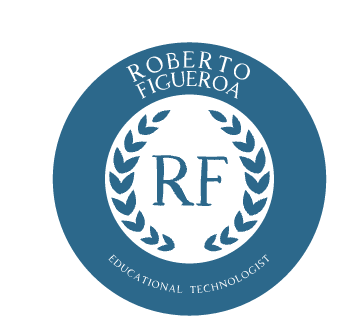As an educator at the University of the Philippines Open University (UPOU), I’ve always been passionate about fostering a culture of academic integrity and responsible behavior among my students. In today’s digital age, where information is easily accessible and artificial intelligence (AI) is becoming increasingly integrated into our daily lives, it is crucial to equip students with the knowledge and skills to navigate these challenges ethically. To this end, I have developed an iBook titled “Academic Citizenship, Intellectual Honesty, and the Responsible Use of AI”.
The Purpose of the iBook
The primary goal of this iBook is to provide students with a comprehensive guide on maintaining academic integrity, understanding the importance of intellectual honesty, and responsibly using AI tools. These principles are not only essential for academic success but also for professional and personal development. By fostering a deep understanding of these values, we can help students become responsible digital citizens and ethical professionals.
Key Components of the iBook
- Academic Citizenship:
- Definition and Importance: Understanding what it means to be a responsible member of the academic community.
- Roles and Responsibilities: Outlining the duties of students, educators, and institutions in upholding academic integrity.
- Community Engagement: Encouraging students to actively participate in academic and extracurricular activities that promote a culture of honesty and respect.
- Intellectual Honesty:
- Plagiarism Awareness: Educating students about the different forms of plagiarism and how to avoid them.
- Proper Citation Practices: Teaching the correct ways to cite sources and give credit to original authors.
- Critical Thinking: Developing skills to analyze and synthesize information independently.
- Responsible Use of AI:
- Understanding AI: Providing a basic introduction to AI and its applications in academia.
- Ethical Considerations: Discussing the ethical implications of using AI tools for academic purposes, such as essay writing and research.
- Best Practices: Offering guidelines on how to use AI responsibly, ensuring that it aids rather than undermines the learning process.
Implementation in COMP ED 20
This iBook has been initially implemented in my COMP ED 20 course, where it has received positive feedback from students. They have found it to be a valuable resource in understanding the importance of academic integrity and how to apply these principles in their studies. The interactive nature of the iBook, with quizzes, case studies, and reflective activities, has made the learning experience engaging and effective.
Future Plans and Sharing as a Template
Given the success of the iBook in COMP ED 20, I plan to share it as a template for other courses at UPOU. This will allow other educators to adapt and integrate the content into their curricula, promoting a consistent message about academic integrity and ethical behavior across the university. By providing this resource, we aim to create a unified approach to fostering academic citizenship and responsible AI use among our students.
The development of the iBook on “Academic Citizenship, Intellectual Honesty, and the Responsible Use of AI” is a step towards ensuring that our students are well-equipped to face the challenges of the digital age ethically and responsibly. I am excited to see how this resource will impact other courses and contribute to a culture of integrity at UPOU. As we continue to innovate in our teaching methods, resources like this iBook will play a crucial role in shaping the future of education.
